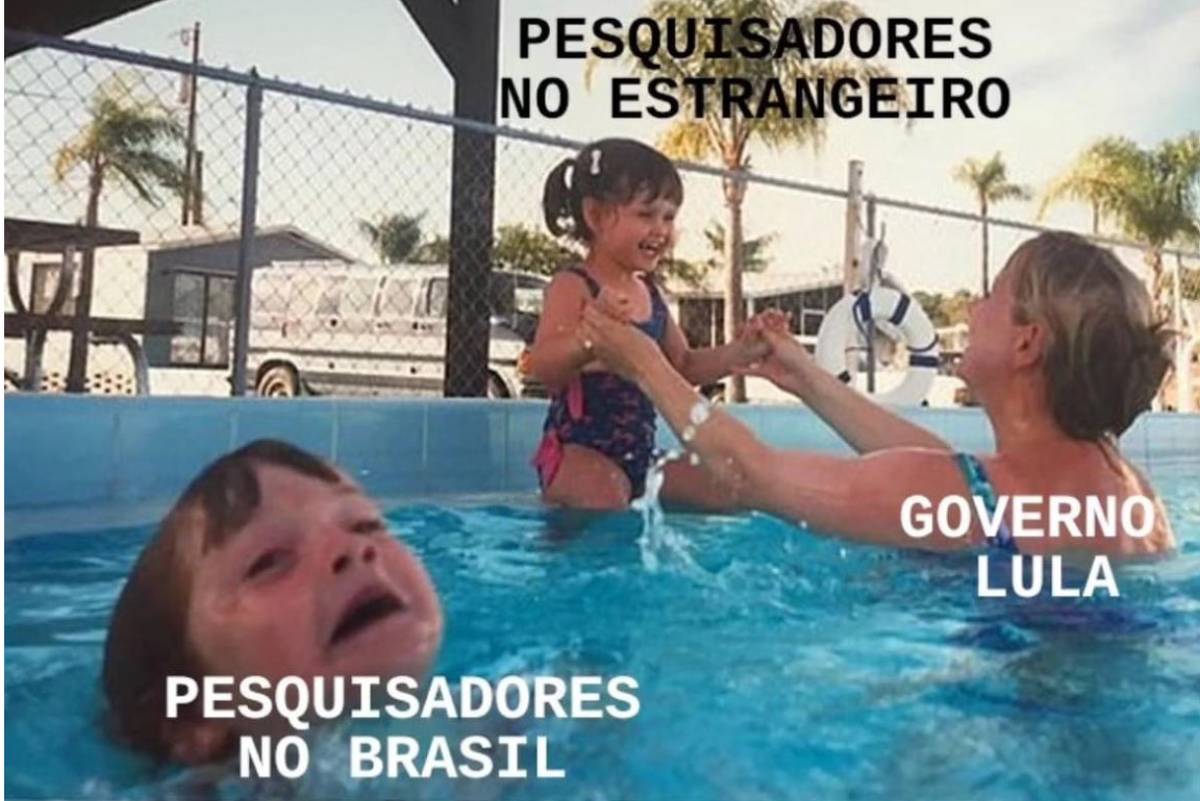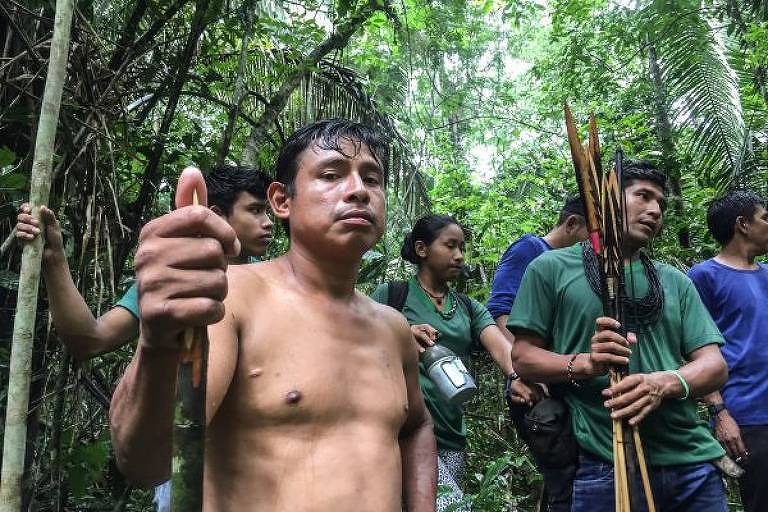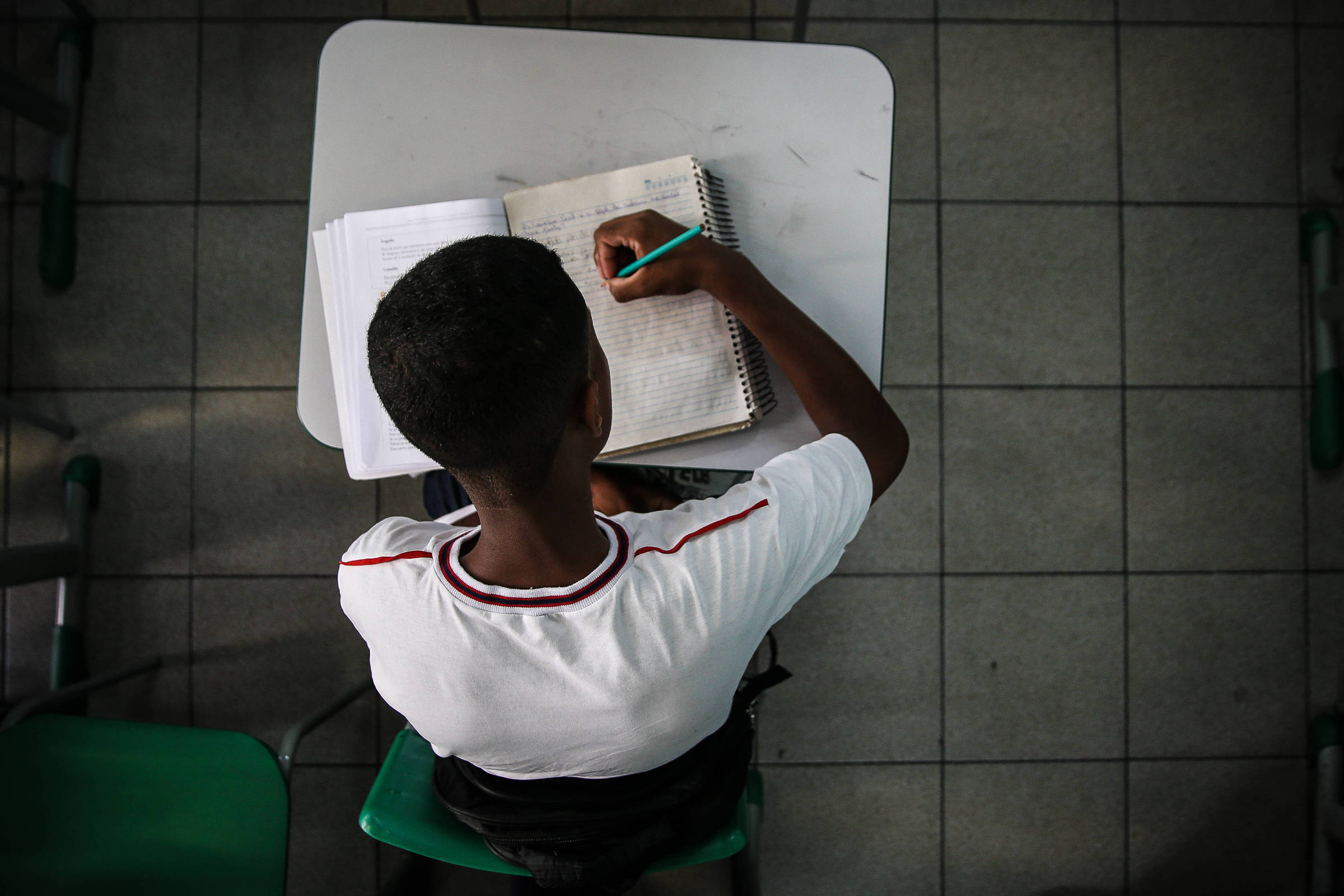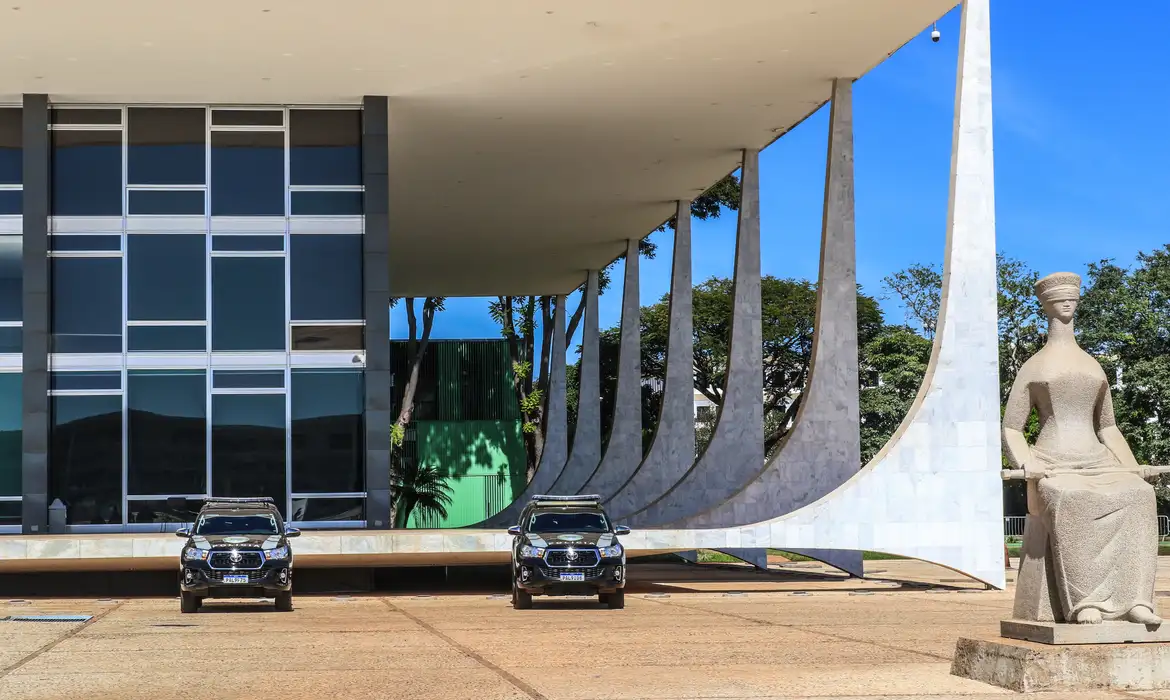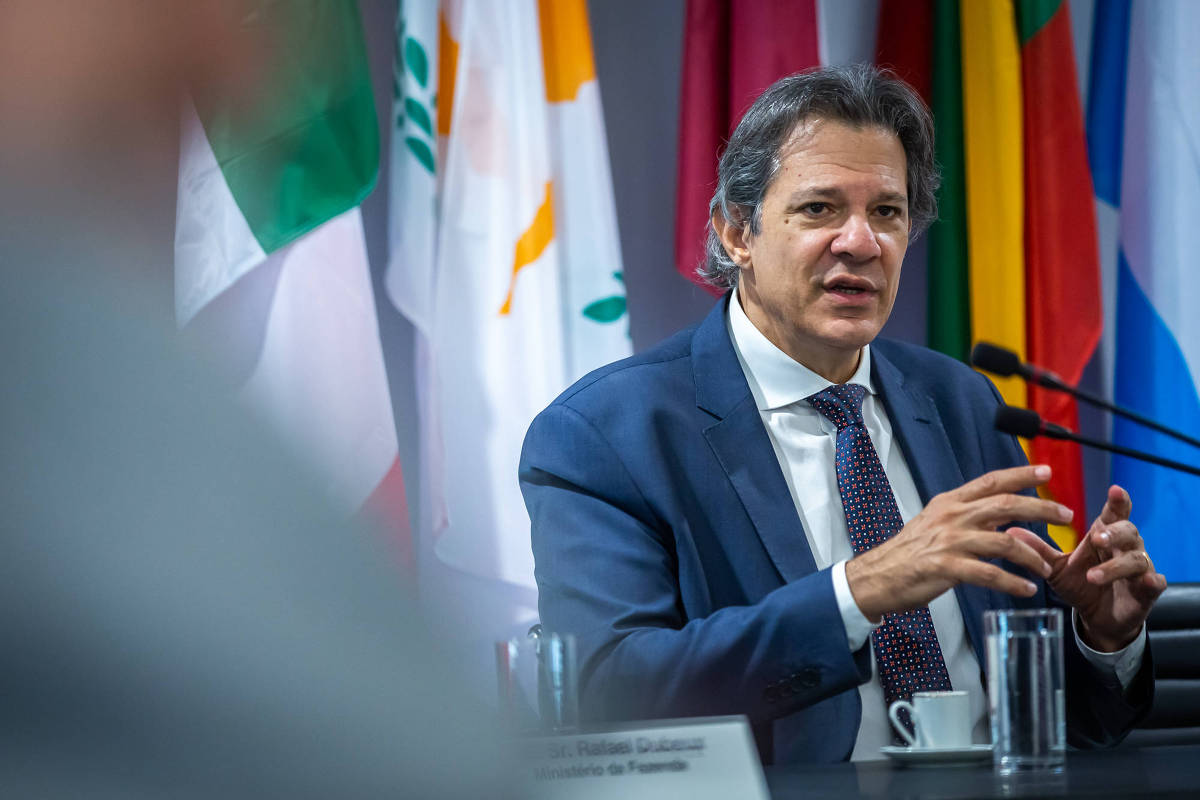Marina Silva: in 7 points, the resignation in 2008 under Lula – 05/24/2023 – Power
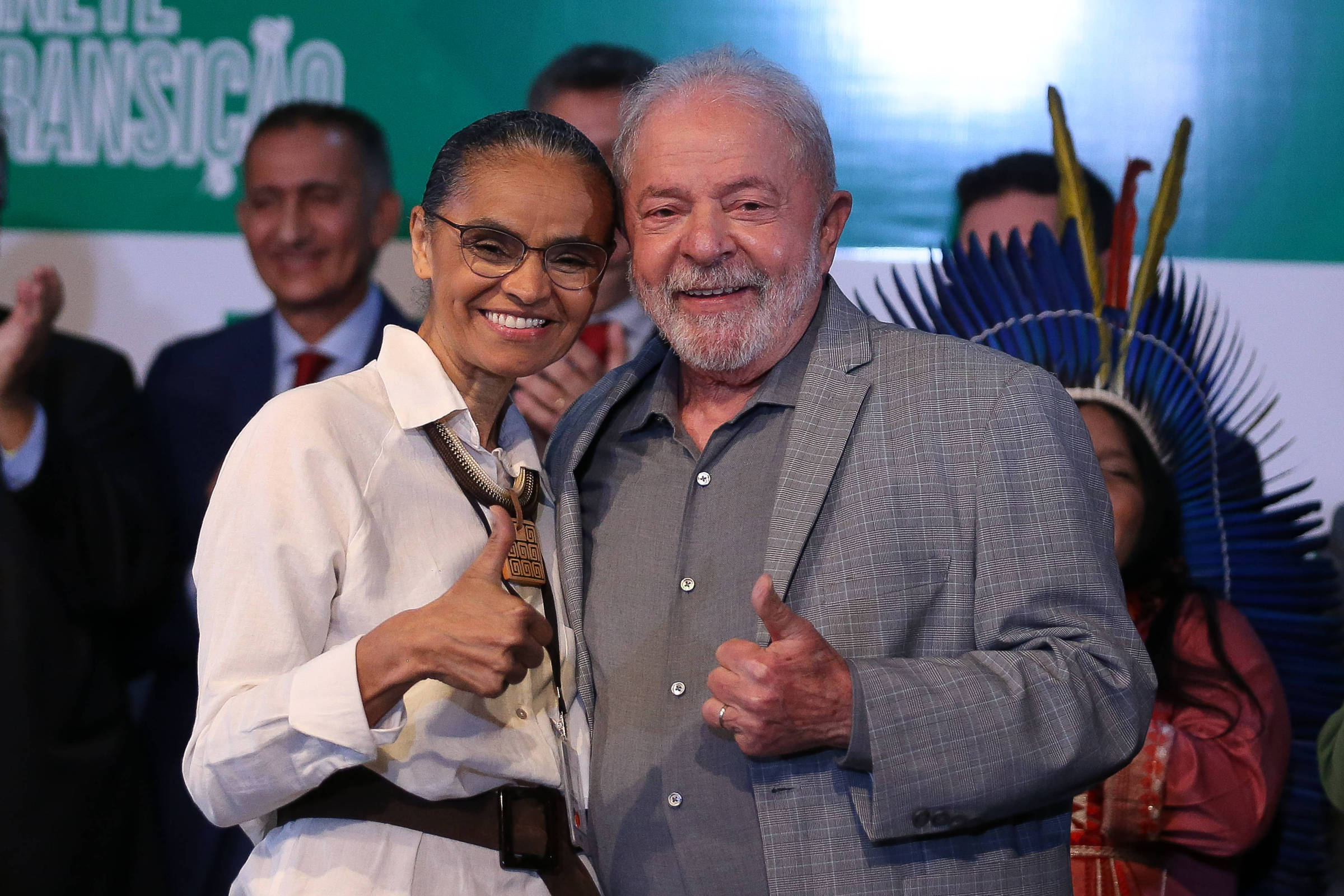
The Planalto Palace acted to try to avoid defeats in priority areas for President Lula (PT) in the provisional measure for the reorganization of the Esplanada dos Ministérios.
The balance of the negotiation of the new format of the Esplanada was negative for Minister Marina Silva (Environment), whose portfolio was emptied with the transfer of attributions to other ministries.
“Any attempt to dismantle the Brazilian environmental system is a disservice,” said the Minister of the Environment, who is already facing an internal dispute in the government over Petrobras’ desire to explore for oil in the basin at the mouth of the Amazon River.
The recent defeats refer to her first passage as Minister of Lula, from 2003 to 2008.
Marina left the Lula 2 government on May 13, 2008, after five years, four months, 12 days and a collection of disputes in office. At the time, without the president’s support, she no longer saw conditions to remain in office.
Remember, in 7 points, Marina’s friction until her dismissal in 2008.
1) Ultimate irritation
A week earlier, shortly before the public ceremony for the launch of the PAS (Sustainable Amazon Plan) in Planalto, the minister participated in a meeting with Lula and governors of the Amazon. At that moment, she was informed by Lula that the coordination of the Management Council of the plan would be with the then Minister Mangabeira Unger (Strategic Affairs), who had not participated in the elaboration of the plan, gestated since 2003.
2) Message to Lula
Upon leaving the government, at the time, Marina described her motives in a hard letter.
The text delivered to Lula attributes the resignation to difficulties faced in carrying out the environmental agenda: “You are witness to the growing resistance encountered by our team with important sectors of the government and society.”
3) Hydroelectric
At the beginning of Lula’s second term (2007-2010), under pressure to speed up the granting of licenses for PAC works, Marina had already made the position available.
At the time, he believed he had reiterated the support of the boss and led the review of the hydroelectric project on the Madeira River (RO) to release the license for the enterprise.
The discomfort between Marina Silva and Dilma Rousseff (Casa Civil) began at that point. For Dilma, the argument was economic and technical. Marina argued, on the other hand, that hydroelectric plants could only get off the ground if it was verified that they would not cause environmental damage to the region.
4) GMO soy
A previous major controversy dealt with the release of transgenic soy crops from seeds smuggled from Argentina. At the time, the minister accepted the defeat, although the government’s environmental area resisted the release of genetically modified organisms.
5) Combating deforestation
It was in the execution of the policy to combat deforestation that she saw her stay unfeasible. In January 2008, Marina associated the increase in the pace of deforestation with the advance of pastures and soy plantations, stimulated by the increase in the price of commodities.
It drew criticism from governors and then Minister Reinhold Stephanes (Agriculture).
6) Friction with servers
Marina also faced problems with Ibama officials, dissatisfied with the division of the agency and with the creation of the Chico Mendes Institute.
To protest against the creation of the body, Ibama employees went on strike, which was publicly criticized by President Luiz Inácio Lula da Silva.
7) Cane in the Pantanal
With the then Minister Reinhold Stephanes (Agriculture), Marina’s disagreement revolved around the planting of sugarcane. For Marina, Stephanes encourages the planting of sugarcane in degraded areas of the Amazon, the Pantanal and the Atlantic Forest.

